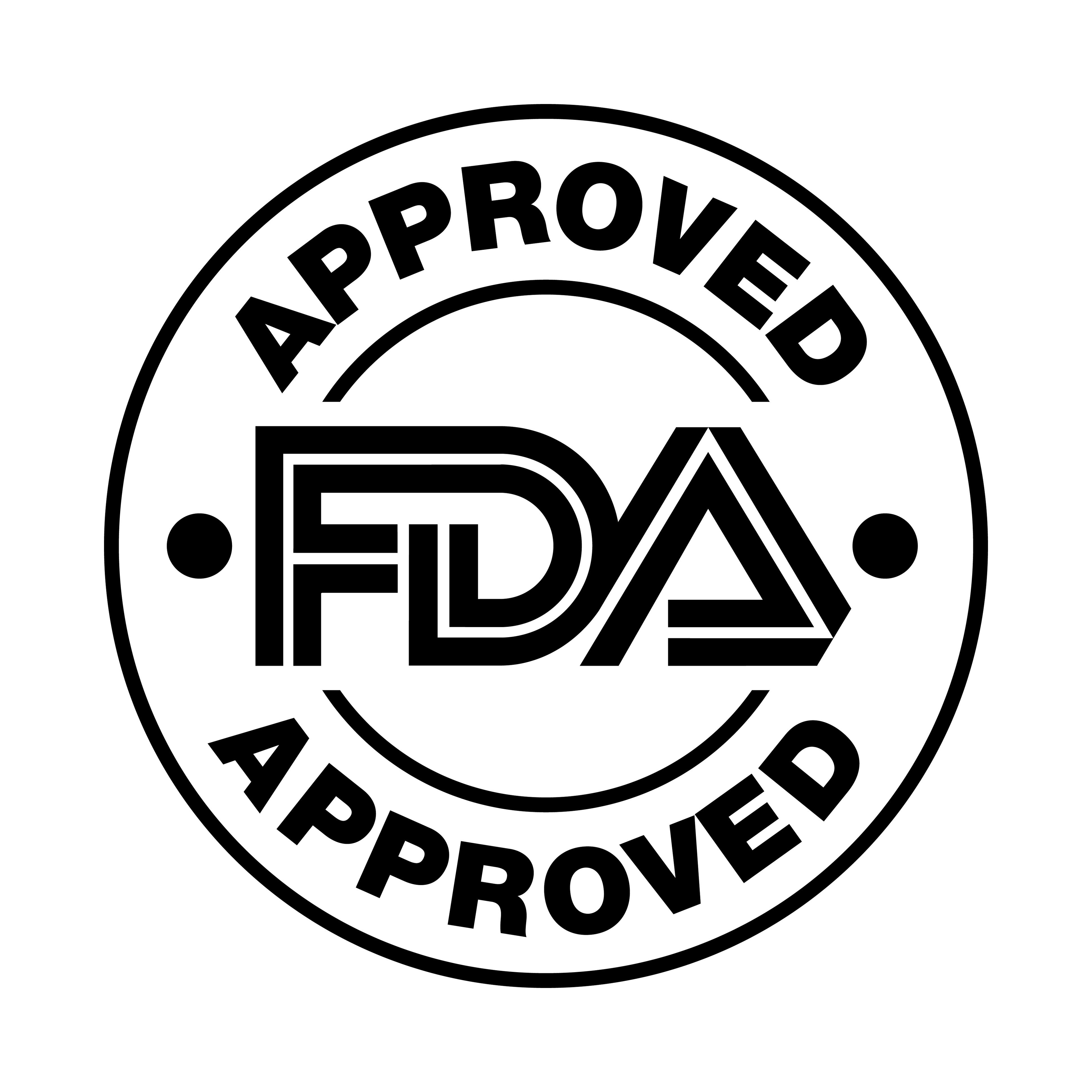News
Article
FDA Approves Pivmecillinam for Treatment of Female Adults With Urinary Tract Infections
Author(s):
Pivmecillinam (Pivya; UTILITY therapeutics Ltd) tablets were approved for female adults with uncomplicated urinary tract infection caused by Escherichia coli, Proteus mirabilis, and Staphylococcus saprophyticus.
The FDA has approved pivmecillinam (Pivya; Utility Therapeutics Ltd) tablets for female adults with uncomplicated urinary tract infection (UTI) caused by Escherichia coli, Proteus mirabilis, and Staphylococcus saprophyticus. Uncomplicated UTIs are bacterial infections in the bladder of women who have no structural abnormalities of their urinary tract.1
Image Credit: Calin - stock.adobe.com

“Uncomplicated UTIs are a very common condition impacting women and one of the most frequent reasons for antibiotic use,” said Peter Kim, MD, MS, director of the Division of Anti-Infectives in the Center for Drug Evaluation and Research at the FDA, in a press release. “The FDA is committed to fostering new antibiotic availability when they prove to be safe and effective, and [pivmecillinam] will provide an additional treatment option for uncomplicated UTIs.”1
In an analysis published in BMC Infectious Diseases, 300 physicians were surveyed regarding unmet needs for uncomplicated UTIs, estimating that 16 to 43% of patients do not receive complete relief after initial therapy. They also estimated that 33% to 37% have recurrent infections, according to the study authors.2
The approval was based on 3 controlled clinical trials that compared different doses of pivmecillinam to the placebo, another oral antibacterial drug, and ibuprofen. According to the FDA, the 3 efficacy measures included composite response rate, assessed approximately 8 to 14 days after patients were enrolled in the study, and microbiological response.1
In the study comparing pivmecillinam to ibuprofen, there were 359 patients included in the analysis, with 181 in the ibuprofen group and 178 in the pivmecillinam group from April 11, 2013, to April 22, 2016. Approximately 73.6% of patients in the pivmecillinam group felt cured day 4 compared to 38.7% in the ibuprofen group, according to the study.3
Additionally, the median duration of symptoms was 6 days for those in the ibuprofen group and 3 days for those who received pivmecillinam. The symptom burden was also higher for those in the ibuprofen group compared to pivmecillinam. At 2 weeks, approximately 41.4% and 9.6% of patients, respectively, had a second consultation and were prescribed antibiotic treatment. More individuals in the ibuprofen group had 1 or more secondary treatments with antibiotics within 4 weeks compared to those receiving pivmecillinam.3
Further, approximately 63.8% of those in the pivmecillinam group at inclusion had significant bacterial growth compared to 67.2% receiving ibuprofen. After treatment, the percentages decreased to 10.4% and 27.9%, respectively. For pivmecillinam, 13% of patients had a baseline growth with E coli and 25% for S saprophyticus, and they received antibiotic treatment within 4 weeks compared to 53% for the ibuprofen group in both bacteria.3
Compared to the placebo, 62% of individuals who received pivmecillinam achieved the composite response compared to 10%. Compared to another oral antibacterial drug, 72% of those receiving pivmecillinam achieved composite response compared to 76%, according to the FDA.1
The most common adverse reactions included nausea and diarrhea, and the FDA noted it would be beneficial to remain watchful for hypersensitive reactions, severe cutaneous adverse reactions, and Clostridioides difficile-associated diarrhea.1
Previously, pivmecillinam was granted priority review designation and qualified infectious disease product designation for this indication.1
References
FDA approves new treatment for uncomplicated urinary tract infections. Press release. FDA. April 24, 2024. Accessed April 24, 2024. https://www.fda.gov/news-events/press-announcements/fda-approves-new-treatment-uncomplicated-urinary-tract-infections?utm_medium=email&utm_source=govdelivery
Vik I, Bollestad M, Grude N, et al. Ibuprofen versus pivmecillinam for uncomplicated urinary tract infection in women-A double-blind, randomized non-inferiority trial. PLoS Med. 2018;15(5):e1002569. doi:10.1371/journal.pmed.1002569
O'Brien M, Marijam A, Mitrani-Gold FS, Terry L, Taylor-Stokes G, Joshi AV. Unmet needs in uncomplicated urinary tract infection in the United States and Germany: a physician survey. BMC Infect Dis. 2023;23(1):281. doi:10.1186/s12879-023-08207-x
Newsletter
Stay informed on drug updates, treatment guidelines, and pharmacy practice trends—subscribe to Pharmacy Times for weekly clinical insights.






